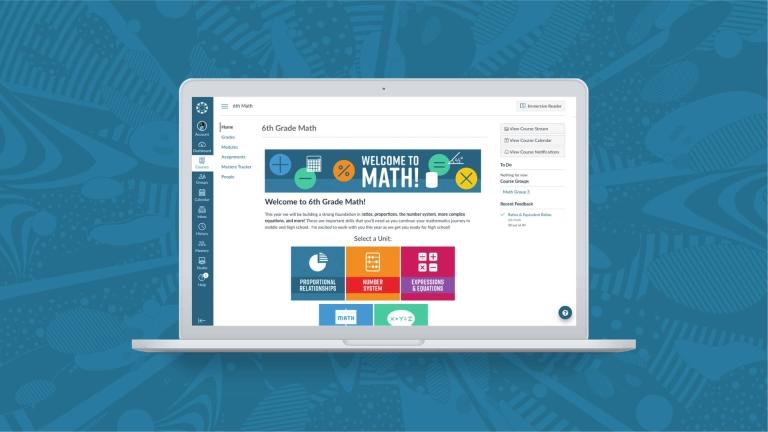
Today's dynamic shifts in both work and education have sparked a new trend: instead of solely pursuing traditional degrees, many are turning to credentialing programs for rapid upskilling and reskilling.
Why the shift? It's simple: adaptability is key.
The Dual Benefits for Organizations and Learners
Organizations operate in an environment where the only constant is change, and they require employees who can quickly acquire the skills necessary to meet evolving challenges. Credentialing programs offer just that—focused, practical training that directly addresses the skills gaps in their workforce.
However, the benefits extend beyond organizational needs. Credentialing programs offer individuals a means to control their professional development journey. Whether they're looking to make a career pivot, stay relevant in a rapidly changing field, or enhance their existing skill set, these programs provide a flexible and accessible pathway to acquiring the expertise they need to succeed.
The Strategic Impact of Credentialing Programs
Think of a credentialing program as the foundation for your organization's growth and success. It's not just about offering training sessions here and there; it's a thoughtful, strategic investment in your team's development and your company's future. By implementing a credentialing program, you're addressing current skill gaps and ensuring your team stays competitive and adaptable in today's ever-changing business landscape.
Imagine the impact of having a workforce that's not only highly skilled but also constantly learning and improving. A credentialing program fosters a culture of continuous growth and development, where employees are empowered to pursue new certifications and credentials that enhance their expertise and advance their careers. This boosts morale and engagement and encourages innovation and creativity, driving your organization forward.
Moreover, a credentialing program sends a powerful message to potential hires and partners: that your organization is committed to excellence and investing in its people. This can be a game-changer in attracting top talent and forging strong relationships with clients and stakeholders. Plus, having certified professionals on your team can give your organization a competitive edge in the marketplace, showcasing your expertise and credibility to the world.
Four Key Principles of Successful Credentialing Programs
However, not all credentialing initiatives are created equal. To ensure the effectiveness of your credentialing program, several key principles must be considered:
- Alignment with Industry Needs: A successful credentialing program hinges on its alignment with current and future industry demands. Thorough research and stakeholder engagement can help identify high-demand skills and competencies, ensuring the program's credibility and value proposition.
- Focus on Skill Mastery: Employers prioritize practical skills over mere knowledge acquisition in today's competitive job market. Effective credentialing programs emphasize hands-on learning experiences and utilize technology to facilitate skill development, ensuring participants can apply theoretical concepts in real-world scenarios.
- Rigorous Assessment and Validation: Credibility is paramount in a credentialing program, necessitating rigorous assessment processes that accurately evaluate participants' skills and knowledge. Implementing a robust assessment framework, including objective measures and practical demonstrations, maintains program integrity and enhances participant confidence.
- Continuous Learning and Professional Development: Successful credentialing programs recognize that learning is a lifelong journey and provide avenues for ongoing education, upskilling, and knowledge enhancement. Offering access to resources such as webinars, workshops, and online courses fosters a culture of continuous learning among credential holders, facilitating career growth and organizational success.
Successful credentialing programs are founded on these principles. They enable individuals to flourish in their careers and bolster organizational success in today's ever-changing landscape. These programs enhance organizational flexibility and readiness by cultivating a continuous learning culture.
Related Content
 Teaching-With-Tech-10-Benefits.jpg
Teaching-With-Tech-10-Benefits.jpgBlogs
 lp_matrix_thumbnail_1.png
lp_matrix_thumbnail_1.pngBlogs
 grow-learning-programs.png
grow-learning-programs.pngBlogs
